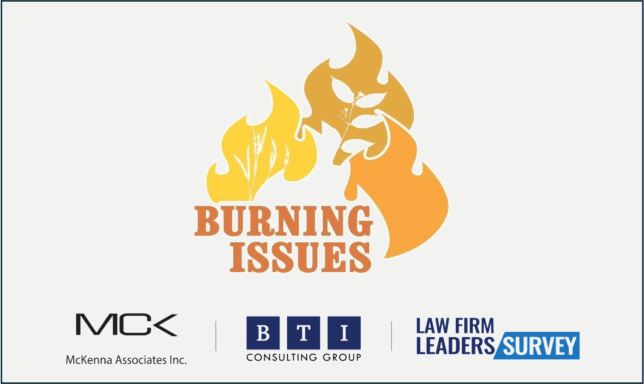Business leaders from Unilever, EY, and NBC Universal shared a consistent message at the AI Summit: embrace the ‘I don’t know’ and think holistically about AI transformation.
The contrast with how most law firms approach AI couldn’t be more striking. While other industries talk about reimagining entire workflows, legal still treats AI as something to bolt onto existing processes.
They also discussed the concept of “cultural debt”:following the cow path just because it’s visible, even when it leads nowhere productive. Sound … Read the rest

